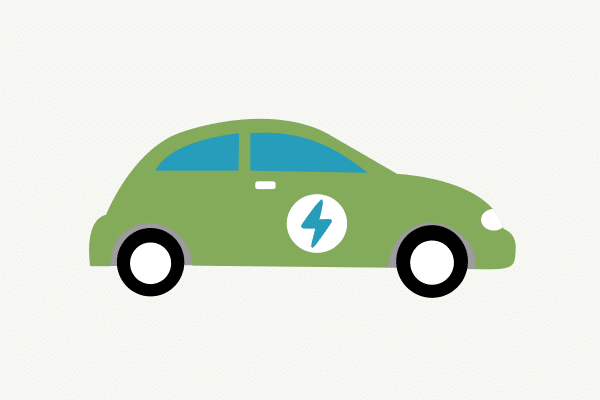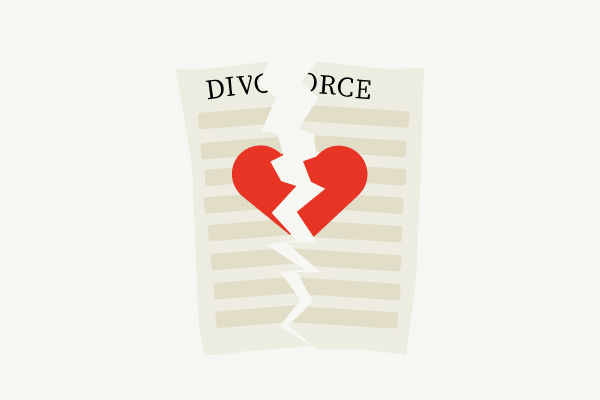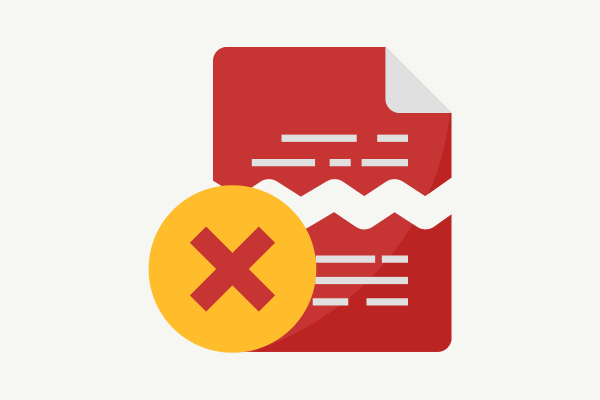
If you’re considering adding a qualified electric commercial vehicle to your business fleet, timing is everything. Waiting until after December 31, 2022, could help you capitalize on the updated Commercial Electric Vehicle Tax Credit.
As electric vehicles (EVs) become more common in the business world, we receive plenty of questions about how the Commercial Electric Vehicle Federal Tax Credit works. Here are some of the most frequent queries you might be pondering.
Common Questions CPAs Receive About the Commercial Electric Vehicle Tax Credit
❓What is the difference between a Commercial and Non-Commercial Electric Vehicle?
Commercial vehicles differ significantly from non-commercial electric vehicles under Section 30D. Understanding these differences is crucial for claiming the correct tax credit.
❓How much is the Commercial Electric Vehicle tax credit?
The credit is the lesser of:
- 📌 30% of the cost of a vehicle that isn’t powered by a traditional gasoline or diesel engine, or;
- 📌 The incremental cost of the vehicle (i.e., the difference in price between your new EV and a comparable conventional vehicle).
Note: Per Internal Revenue Code Section 45W, the credit caps at \$7,500 for vehicles under 14,000 pounds and \$40,000 for heavier vehicles.
❓What qualifies as a Commercial Clean Vehicle?
A “qualified commercial clean vehicle” must:
- ✅ Meets the requirements of Section 30D(d)(1)(C) and is acquired for use or lease by the taxpayer and not for resale;
- ✅ Is of a character subject to the allowance for depreciation;
- ✅ Either meets the requirements of subparagraph (D) of Section 30D(d)(1) and is manufactured primarily for use on public streets, roads, and highways (not including a vehicle operated exclusively on a rail or rails), or is mobile machinery, as defined in Section 4053(8) (including vehicles that are not designed to perform a function of transporting a load over the public highways), or;
- ✅ Either is propelled to a significant extent by an electric motor which draws electricity from a battery which has a capacity of not less than 15 kilowatt hours (or, in the case of a vehicle which has a gross vehicle weight rating of less than 14,000 pounds, 7 kilowatt hours) and is capable of being recharged from an external source of electricity, or is a motor vehicle which satisfies the requirements under subparagraphs (A) and (B) of Section 30B(b)(3).
❓How do I claim the credit?
You must include the vehicle identification number (VIN) on the tax return for the taxable year in which you purchase the vehicle. You can find eligible VIN numbers on the National Highway Traffic Safety Administration’s free VIN Decoder.
If a commercial EV is on your company’s list, do the due diligence ahead of time to avoid disappointment come tax time.
💡 Important Rules to Note
Section 30D Guidelines
Commercial Electric Vehicles must comply with Section 30D guidelines, with a few exceptions for income and retail price limitations.
Tax-Exempt Entities
Vehicles placed in service by tax-exempt entities shall not apply to any vehicle which is not subject to a lease and which is placed in service by that entity.
No Double Dipping
You can’t claim a double benefit—no credit under this section for vehicles already credited under Section 30D.
Need help?
Curious about how much your business could save with the Commercial Electric Vehicle Tax Credit? Let’s chat! The corporate tax specialists at Insogna CPA are ready to guide you through every charge and credit, ensuring you maximize your savings in 2024.
Reach out today—we’re just as excited about driving your business forward as you are.








